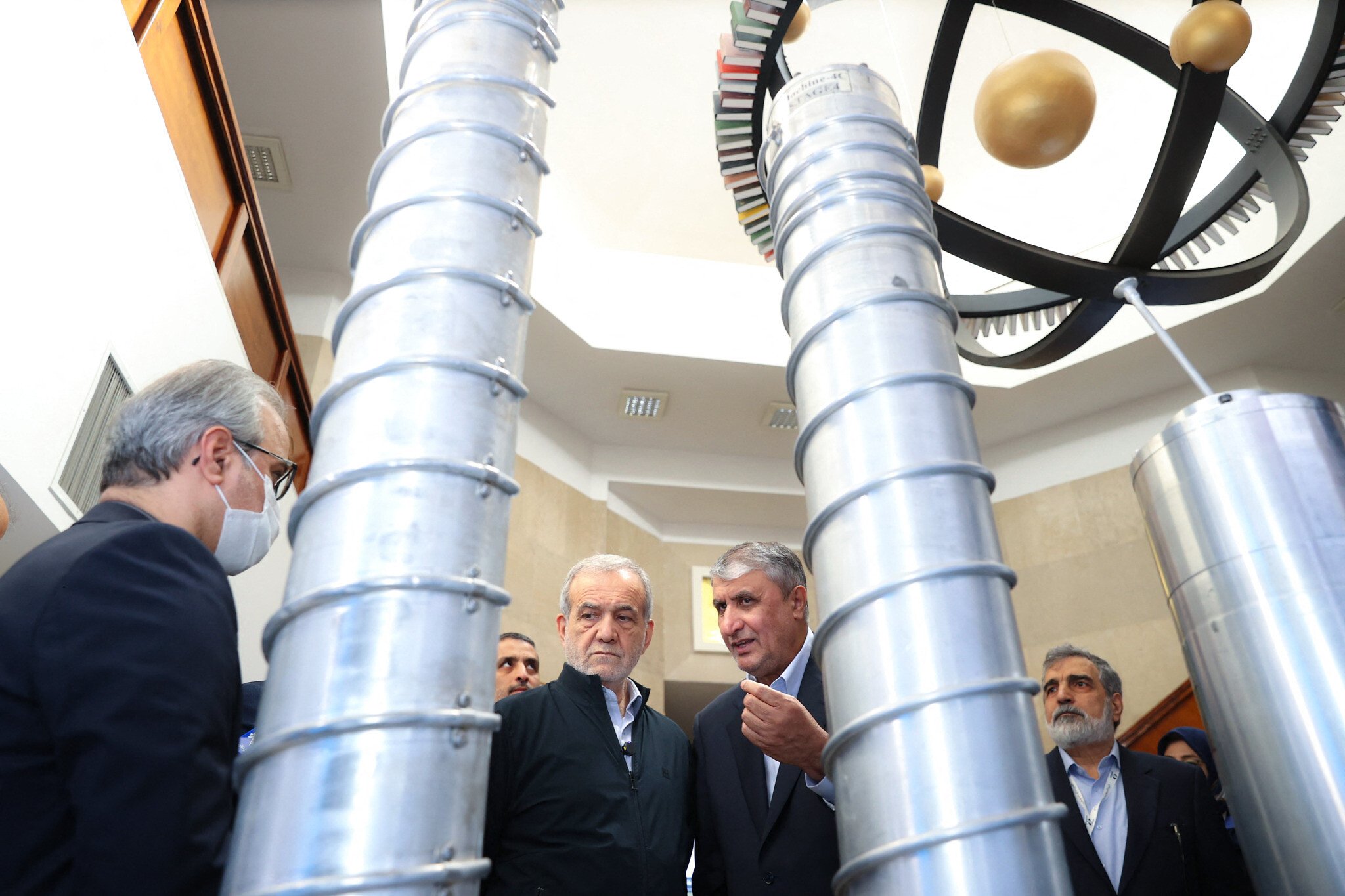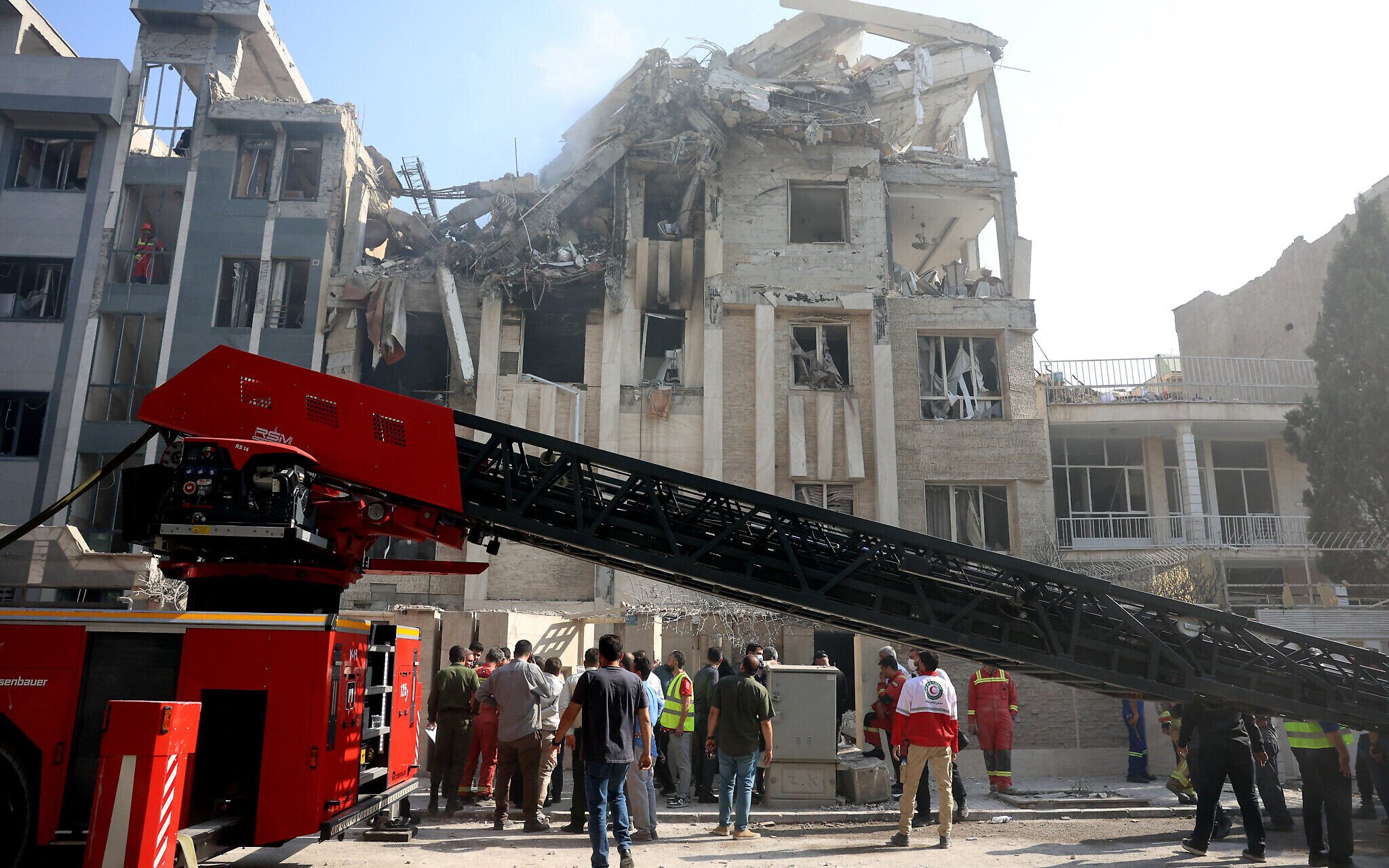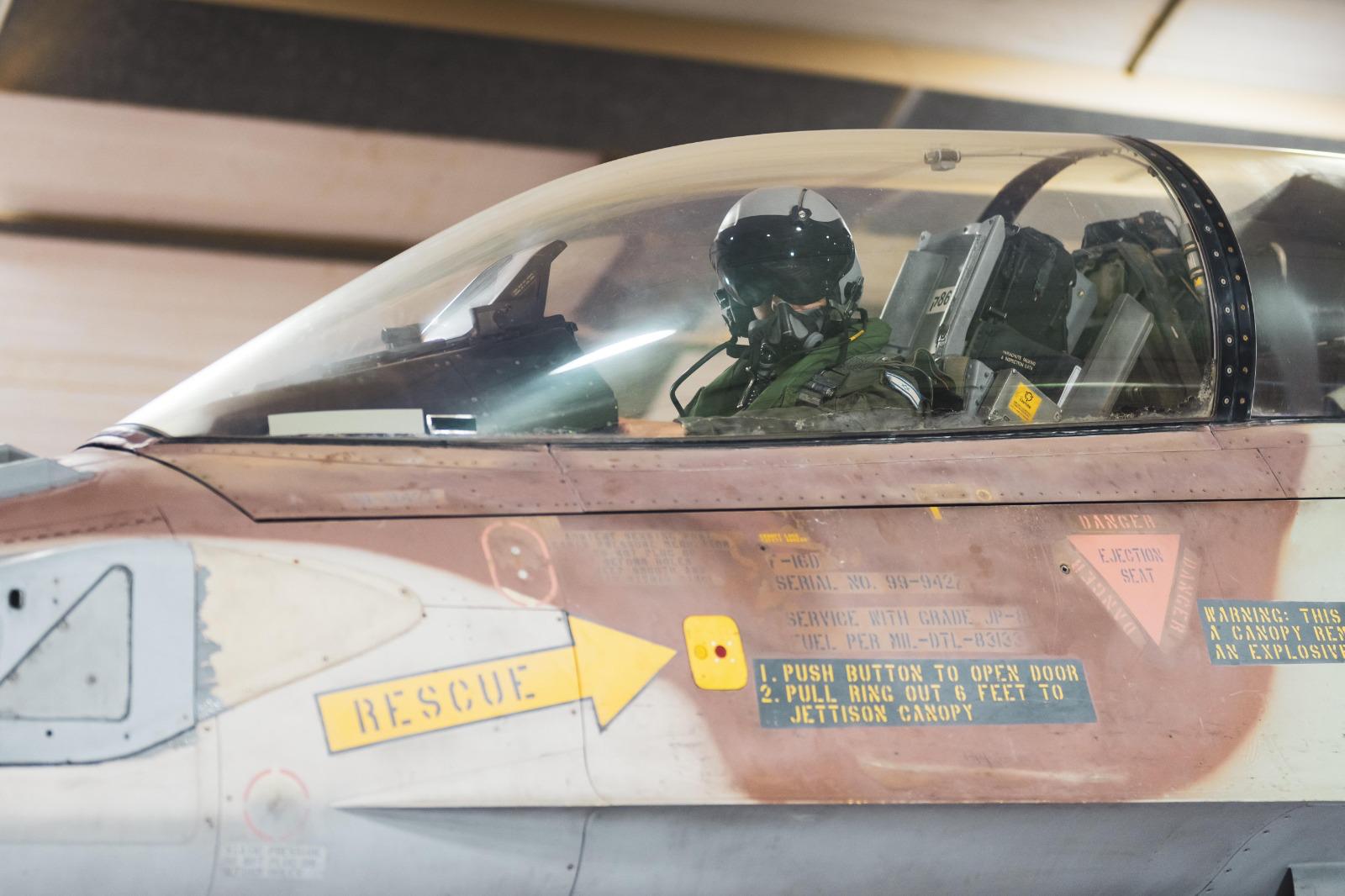



Ahead of its strikes on Iran, Israel discovered that the Islamic Republic’s scientists had conducted successful experiments in the design process of a nuclear weapon, bringing it weeks away from being able to produce a bomb if it chose to do so, according to a Hebrew media report Sunday.
This “golden information” was presented by intelligence officials to the political leadership before the decision was made to carry out preemptive strikes Friday, along with the concern that Israel didn’t know everything and that Tehran could be at an even more advanced stage in building a nuclear bomb than the available information showed, Army Radio reported, citing unnamed security officials.
According to the report, Iran gathered scientists and split them into several working groups to labor in secret on components of the process of weaponizing nuclear material into an actual explosive device, beginning around the end of 2023 or the start of 2024 — shortly after Hamas’s October 7 onslaught, which sparked the ongoing war in Gaza.
This aspect of designing a nuclear device ran in parallel to Iran’s enrichment of uranium to levels that have no use for civilian purposes, but are required to build a nuclear bomb. According to an International Atomic Energy Agency report at the end of May, Iran’s stockpile of uranium, if enriched further, was enough to build nine nuclear weapons.
The Israel Defense Forces managed to monitor the secret weapons process, which left Jerusalem with no doubt that Iran had decided to build a nuclear weapon after the massacre in southern Israel, Army Radio said.
A senior Israeli military official said Saturday that “all the scientists eliminated in the opening strikes had, over the years, been involved in developing the nuclear detonation device.”
The IDF named nine Iranian nuclear scientists it assassinated in the opening strikes, and detailed its efforts to kill them.
They were named as: Fereydoon Abbasi, expert in nuclear engineering; Mohammad Mehdi Tehranchi, expert in physics; Akbar Motalebi Zadeh, expert in chemical engineering; Saeed Barji, expert in materials engineering; Amir Hassan Fakhahi, expert in physics; Abd al-Hamid Minoushehr, expert in reactor physics; Mansour Asgari, expert in physics; Ahmad Reza Zolfaghari Daryani, expert in nuclear engineering; and Ali Bakhouei Katirimi, expert in mechanics.
“All the scientists and experts who were eliminated were significant sources of knowledge in the Iranian nuclear project, and had decades of cumulative experience in the development of nuclear weapons,” the IDF said.
It said that many of them were successors to Mohsen Fakhrizadeh, the “father of the Iranian nuclear project,” who was allegedly assassinated by Israel in 2020.
According to the military, the nine were killed in simultaneous strikes on Tehran early Friday, in the same wave of attacks that eliminated dozens of military commanders, including six top officials.
“The elimination of the scientists was made possible following in-depth intelligence research that intensified over the past year, as part of a classified and compartmentalized IDF plan,” the military said.
As part of the plan, the IDF said dozens of intelligence researchers “worked on a secret project aimed at tracking key nuclear scientists in Iran over the course of several years.”
The enmity between Israel and Iran escalated into an unprecedented level of open conflict in the early hours of Friday morning when Israel launched a major offensive against Iran and its nuclear program, hitting nuclear sites, missile bases, and top military officials and nuclear scientists.
Israel said it had no choice but to attack, noting that it had gathered intelligence that Tehran was approaching “the point of no return” in its pursuit of nuclear weapons.
Iran responded with ballistic missile barrages overnight Friday and then again on Saturday, killing at least 13 people, injuring hundreds, and destroying residential buildings.
Most of the missiles were intercepted by air defenses, including US systems.
The Israeli operation was expected to last several days at least, according to military officials, who added that the IDF was preparing for heavy fire from Iran, but asserted that “at the end of the operation, there will be no nuclear threat” from the Islamic Republic.


